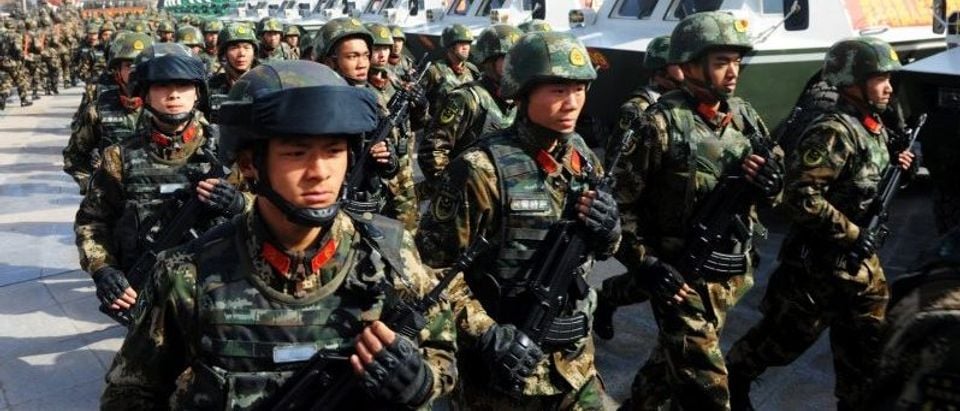Despite its reluctance to send back the illegal refugees entering Canada from remote border crossings in the United States, the Trudeau government is deporting hundreds of people who are seeking asylum from communist China, The Globe and Mail reports.
Though Canada and China do not share an extradition treaty specifically because of long-standing concerns over human rights abuses in China, that hasn’t stopped Canada from sending people back to China, where they are almost certain to be imprisoned and tortured — perhaps even killed.
The Canadian Border Services Agency (CBSA) has deported 1,386 people back to China over the past three years according to CBSA statistics. The agency will consult with China on these cases and China, using confessions that are often extracted through torture, will invariably declare the individual a dangerous fugitive — especially if the potential deportee is wanted by the Chinese government’s Skynet operation as it scans the globe looking for “corrupt fugitives” that it wants returned.
Sharryn Aiken, an immigration and refugee law expert at Queen’s University, says the deportees should not just be sent back with no questions asked, because “there’s a need for very significant and enforceable assurances about the treatment they will receive and monitoring on the part of Canada — which Canada has not done,” says Aiken.
“And in the absence of monitoring, people die in jail.”
The United Nations Committee against Torture continues to cite China as a place where “the practice of torture and ill-treatment is still deeply entrenched in the criminal-justice system.”
Even Canada’s own foreign service was a signatory to a letter that stated there are “credible claims of torture” being used by Chinese authorities during routine interrogations.
There is one faint hope for deportees returning “home.” Immigration officials can complete a “pre-removal risk assessment” that is intended to assess whether an individual is likely to suffer consequences for seeking asylum — “Due diligence is important before undertaking any removal measures,” said Nicholas Dorion, a spokesman for the Canada Border Services Agency, and “in place to ensure that a person will not be removed to a country where they could face death or torture.”
But those risk assessments in no way guarantee any obligation on behalf of China nor any protection from Canada for the deportees.
“Many of us don’t feel it’s really an effective safeguard,” said Vancouver immigration lawyer Douglas Cannon. “Especially in the case of people who are being sent back to face prosecution in China.”
China actively seeks extradition treaties with countries around the world in order to ease the deportation process for “corrupt fugitives” and has done so with France and Spain.
It hasn’t had much success and the Austrians just rejected such a treaty last month.
China’s record is bad enough that David Mulroney, the former Canadian ambassador to China, says Ottawa should simply say no when asked to comply on fugitive corruption files and only cooperate when deportees are accused of serious crimes like murder or drug trafficking.
Calling the Chinese justice system “very murky and worrisome,” Mulroney suggests, “You have to be very sure that you are not on the Canadian side enabling the Chinese to unfairly prosecute someone.”


